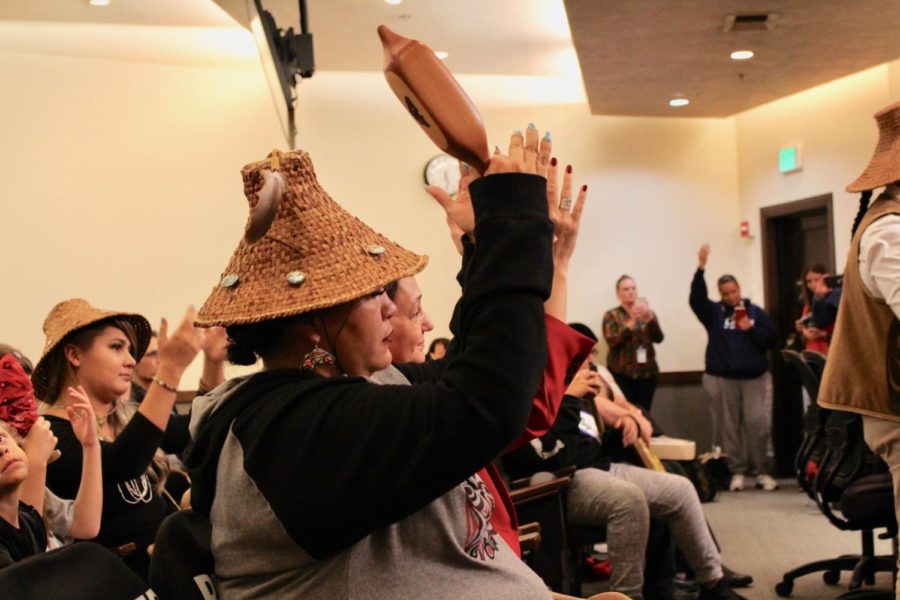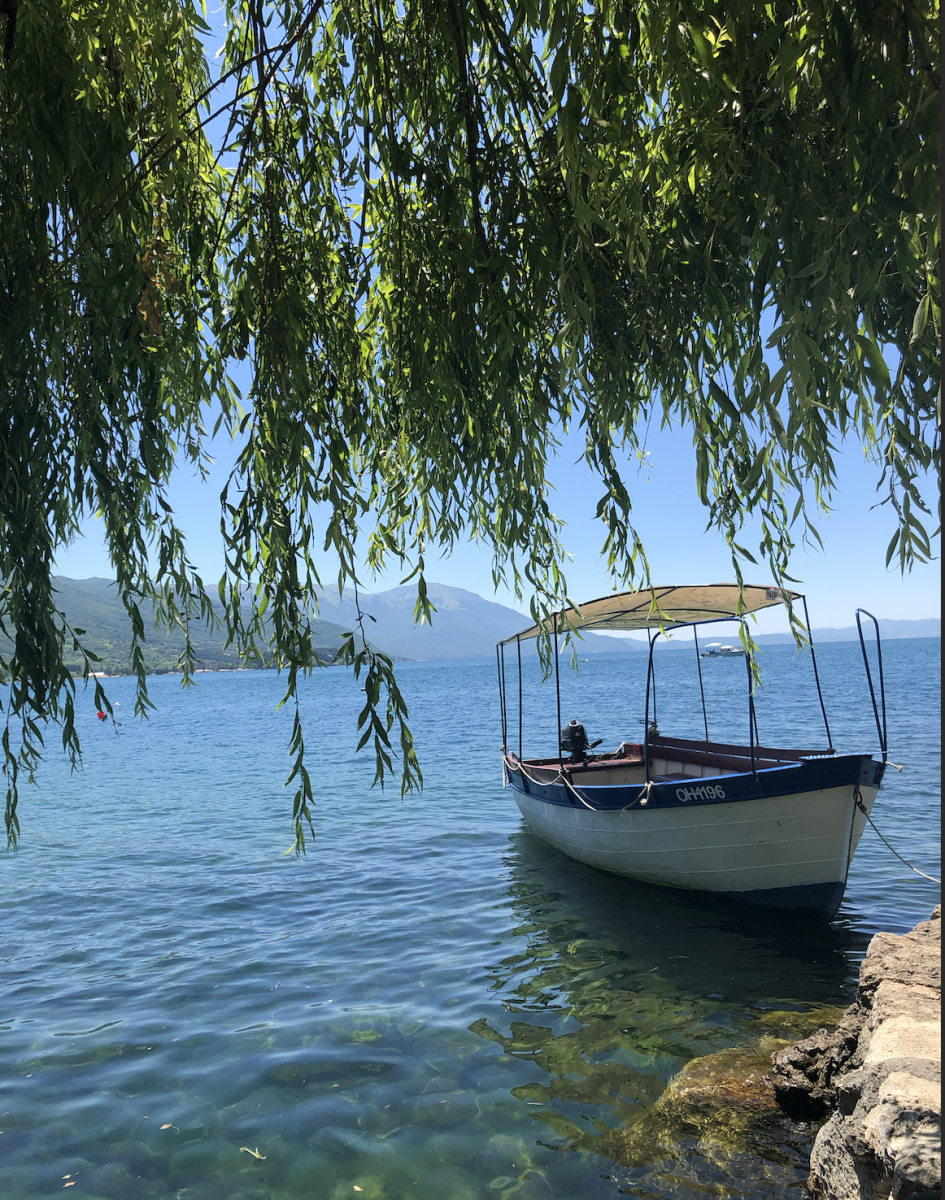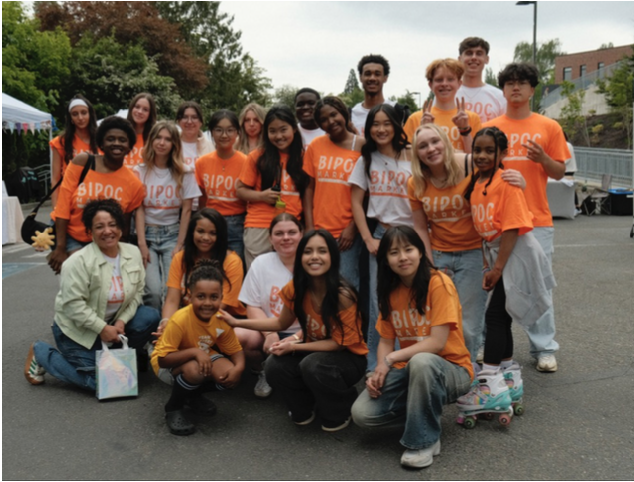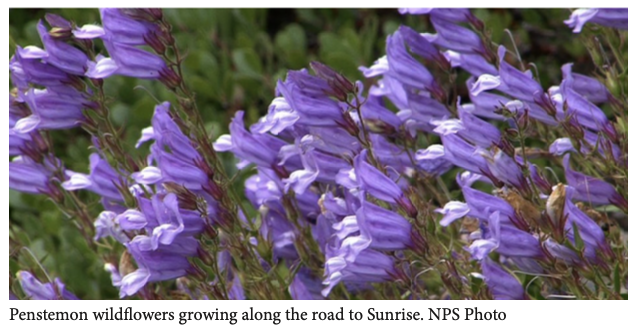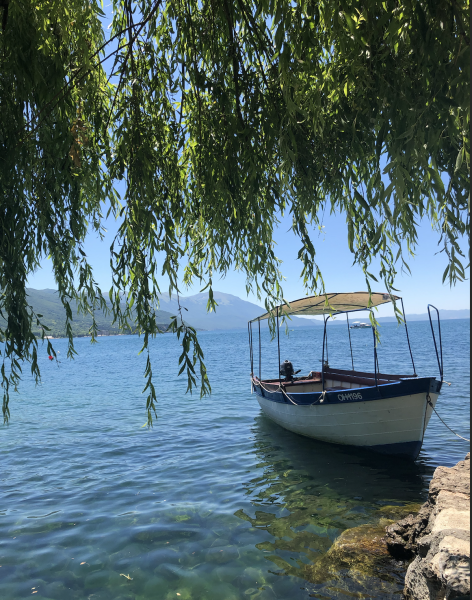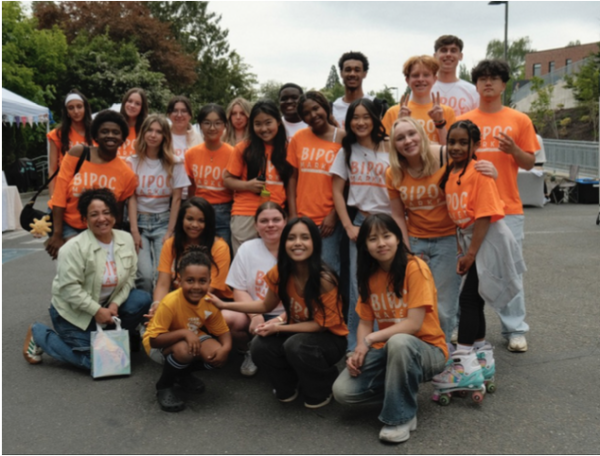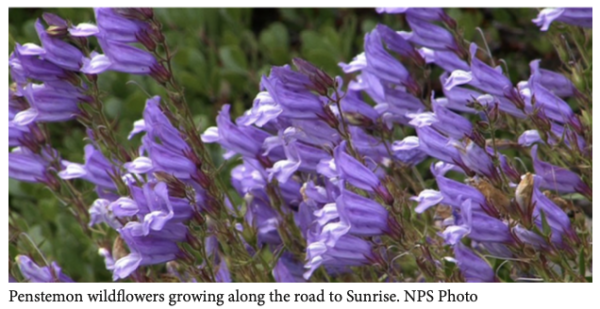Model UN successfully petitions for Indigenous Peoples’ Day in Tacoma
photo courtesy of Pauline Ngom
Puyallup Tribe members performed a drum ceremony at City Hall on Tuesday after City Council proclaimed the second Tuesday of October as Indigenous Peoples’ Day.
October 5, 2018
Model UN is making changes in the Tacoma community.
Since last March, the group has collected signatures to petition to change Columbus Day to Indigenous Peoples’ Day in Tacoma, and their efforts culminated on Tuesday when the City Council unanimously approved the name change.
Tacoma joins other major Washington cities, including Seattle, Olympia and Spokane, in shifting the narrative away from Christopher Columbus’s “discovery” of America toward honoring the contributions and stories of indigenous peoples.
Model UN’s project originates from a club commitment to social justice and community advocacy. The group pointed to their sophomore US History class, which analyzed works from Howard Zinn and others, as an inspiration to advocate for the name change.
Junior member Nina Ye pointed to the history of her childhood education that glorified Columbus and omitted the enslavement, trade, and consequential genocide of the Taíno people, indigenous to the Caribbean and now an extinct population. “Personally, I’ve grown up learning that Columbus discovered the United States…Knowing the truth, the need and desire to spread the truth became really important,” she said.
MUN then created an online petition through change.org, which circulated by email through the Upper School but could be spread globally. The online petition collected 528 signatures. They also created a hard copy which collected 440 signatures from the public, and a Facebook account.
Overall, 968 people signed the petition, which MUN then took to City Council. On Tuesday Victoria Woodards, mayor of Tacoma, proclaimed the second Monday of October as Indigenous Peoples’ Day “in perpetuity.”
Members of the Puyallup Tribe, which is local to Tacoma, expressed their personal sentiments about the name change. There was also a drum and flag ceremony.
The Puyallup Nation flag will be displayed in the council chambers, and the tribe has the opportunity to rename the bridge over “their” Puyallup River, according to Woodards.
Junior Jessica Zou noted the empowering conversations that led her to appreciate the nature of democracy. Their civic engagement showed governmental representation, she said.
Street petitioning presented some challenges — both by people who discounted the importance of the name change and who directly opposed it — but by and large, the group agreed that people were more inclined to say “yes” when asked in person.
Negative reactions were also motivational. “It was really challenging to speak up and ask people, especially when you get refused…but the more we got refused, the more we were willing to make change,” said junior Raven Chen.
Last Friday MUN met with Mayor Woodards in City Hall to discuss the decision. Woodards thanked MUN for their civic efforts. One of Woodards’s priorities as mayor is to “better the relationship between local governments and the tribe.” To do this, she stressed the importance of clear communication between both parties. She commended the 986 signatures in support of the name change, but ultimately, she said the decision should lie with the Puyallup Tribe. “We’re creating policy with them, and not for them…Even people who are being allies with others should check in with who they’re being allies for,” she said.
The Puyallup Tribe supports the name change. Tensions still exist — most notably due to Puget Sound Energy’s plans to build the Liquid Natural Gas plant directly outside the border of the Puyallup Reservation. Nonetheless, Woodards feels this is “the most council interaction with the tribe in the history of Tacoma.”
MUN also hopes to address other issues this year, including, immigration and family separations, the prison systems and the Northwest Detention Center, availability of feminine hygiene products to homeless populations and the “pink tax,” plastics in the ocean, and mental health at Annie Wright.
Correction: October 9, 2020


